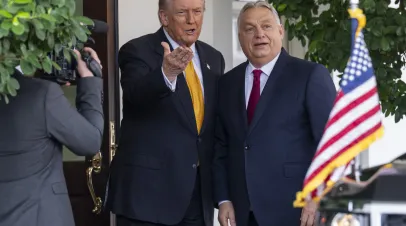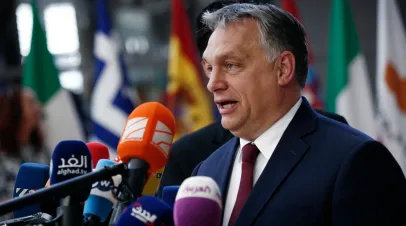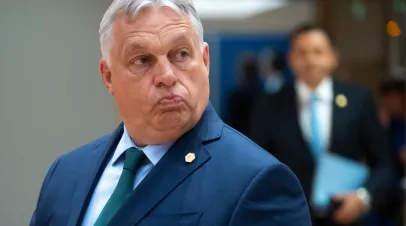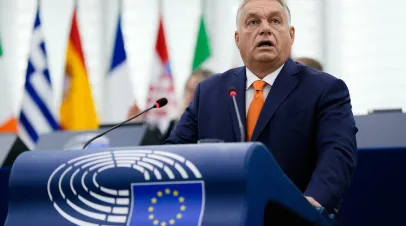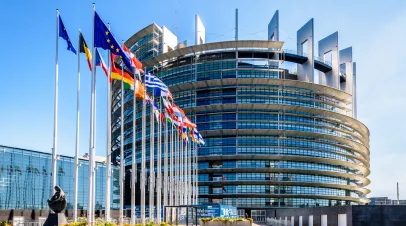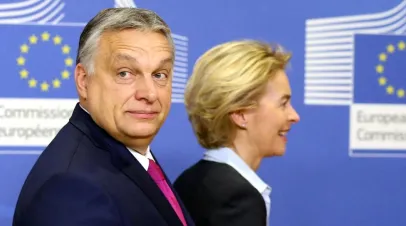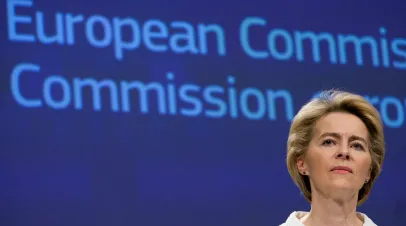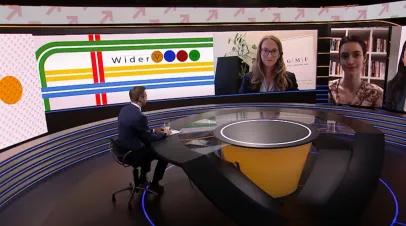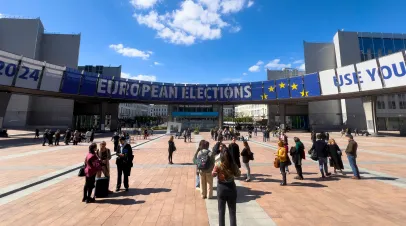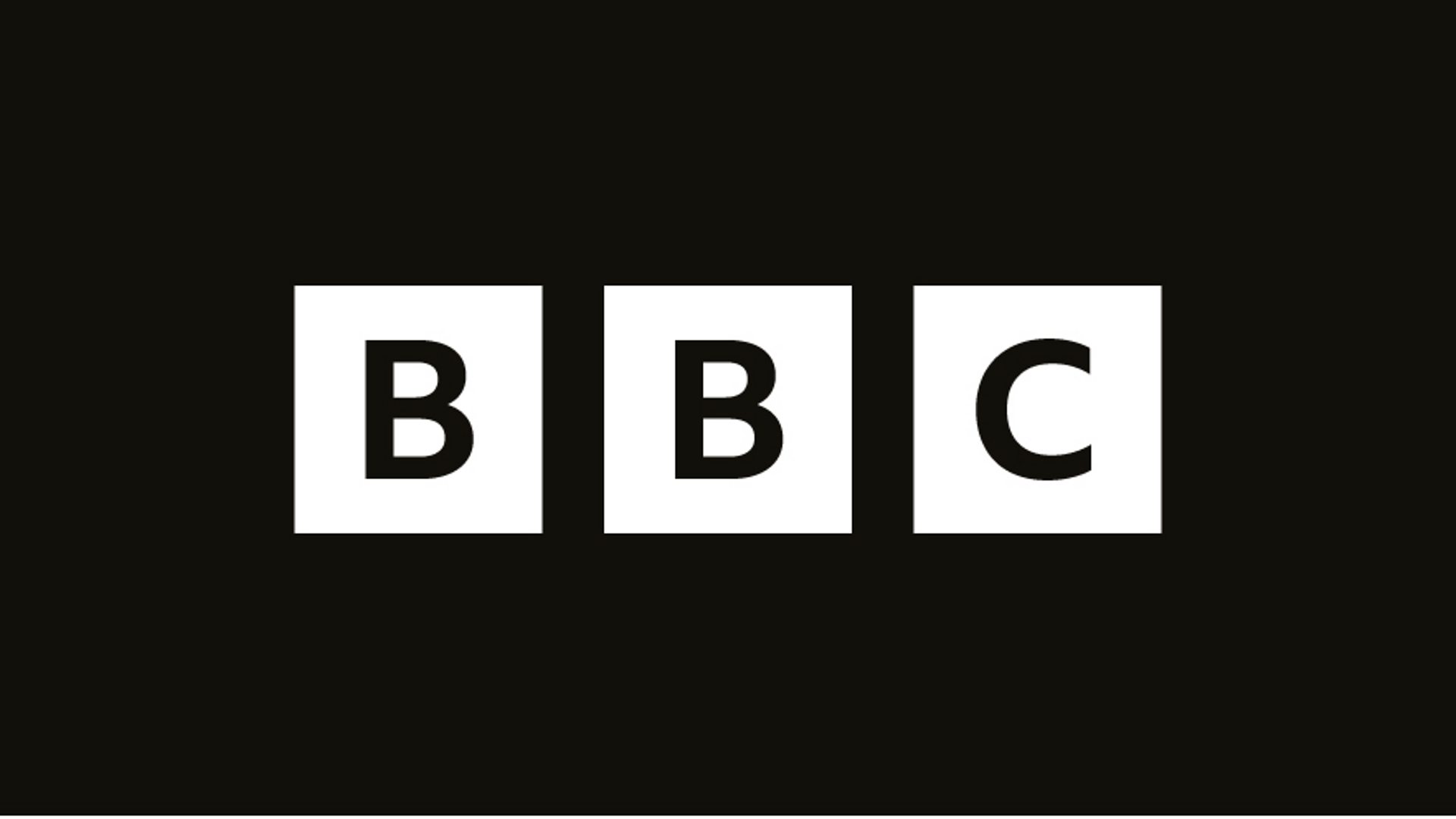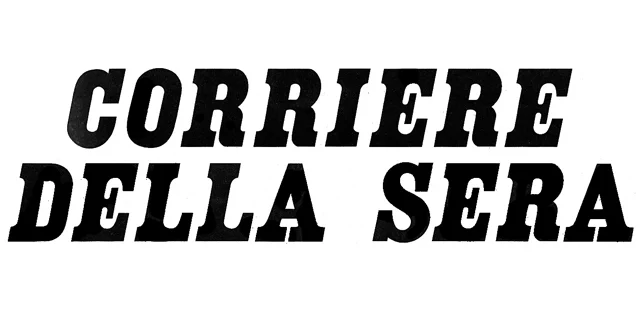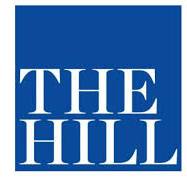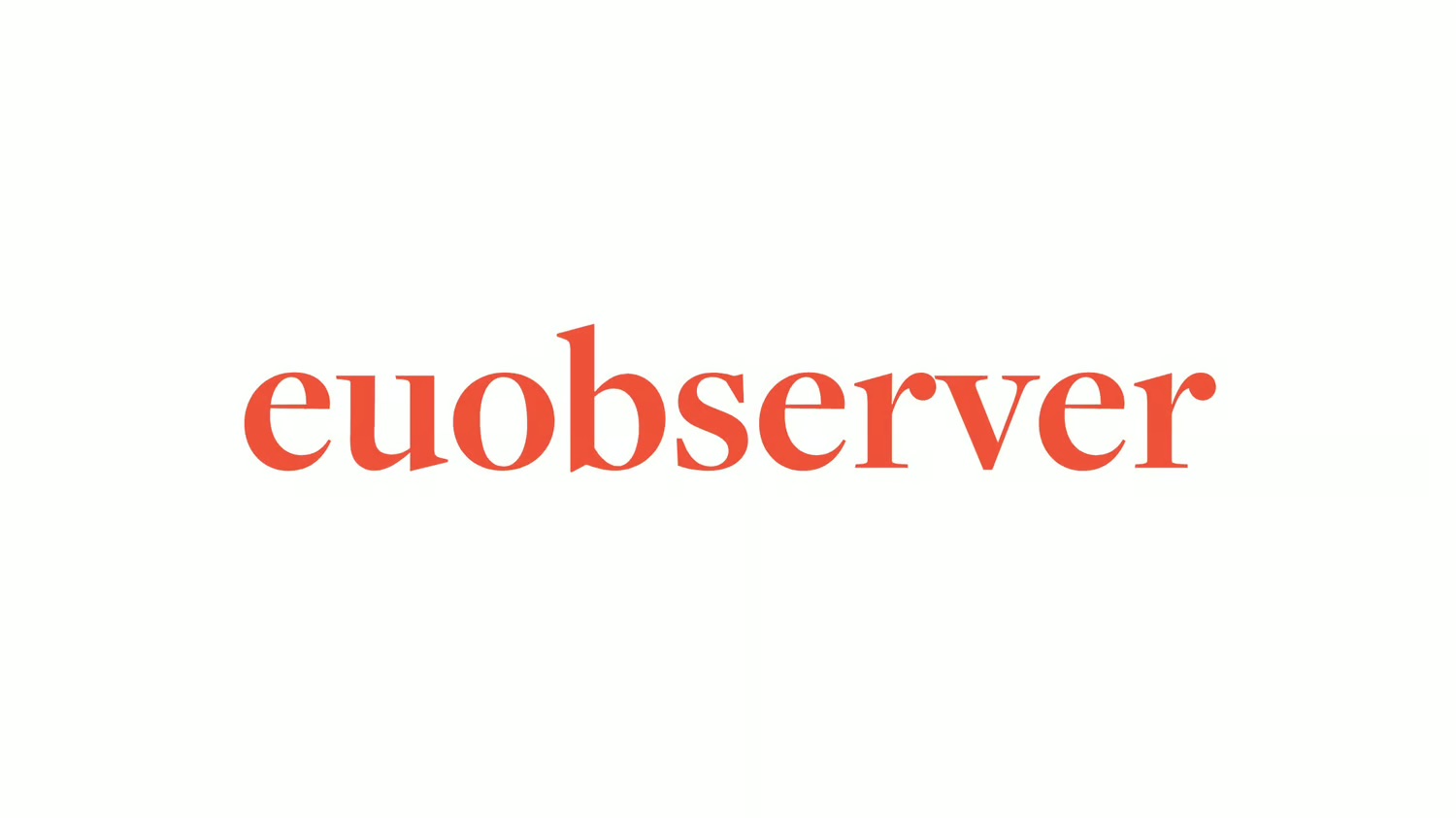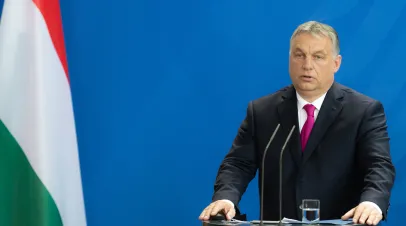Zsuzsanna Végh
Program Officer, Transatlantic TrustsZsuzsanna Végh is a program officer at the German Marshall Fund of the United States.
Her analytical focus is on Central and Eastern Europe, especially the foreign and EU policies of the Visegrád countries, the state of democracy, and the role and impact of the populist radical right in the region.
Végh has extensive experience working at the intersection of policy analysis and academic research. She has been an associate researcher at the European Council on Foreign Relations and authored reports for Freedom House’s flagship project, Nations in Transit, on her native Hungary. She worked at the European University Viadrina as a researcher and lecturer in 2017–2024, and at the Center for European Neighborhood Studies of Central European University in 2012–2017.
Végh holds Master’s degrees in international relations and European studies from Central European University and in international studies from the Eötvös Loránd University in Budapest.
Media Mentions
Featured Work
